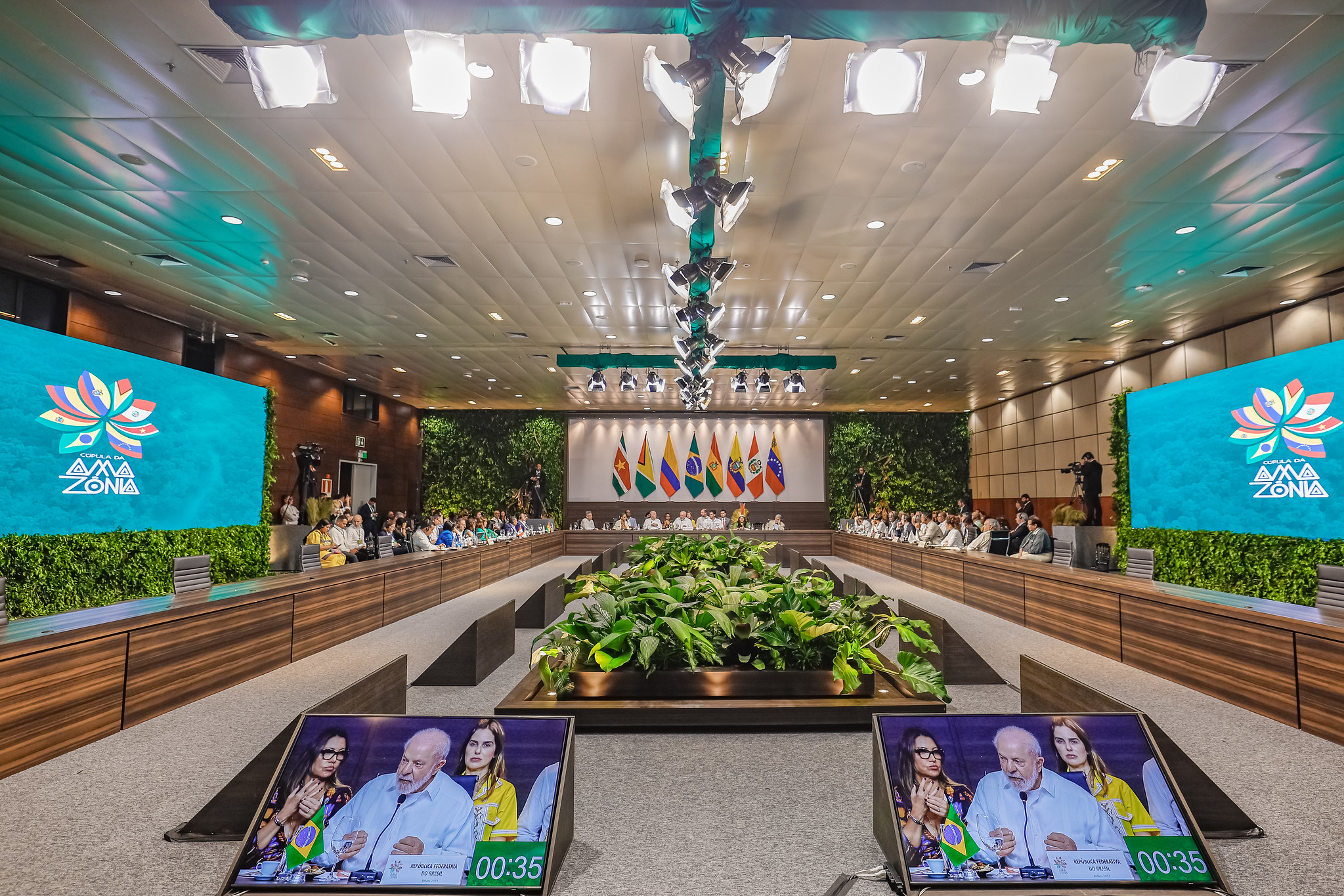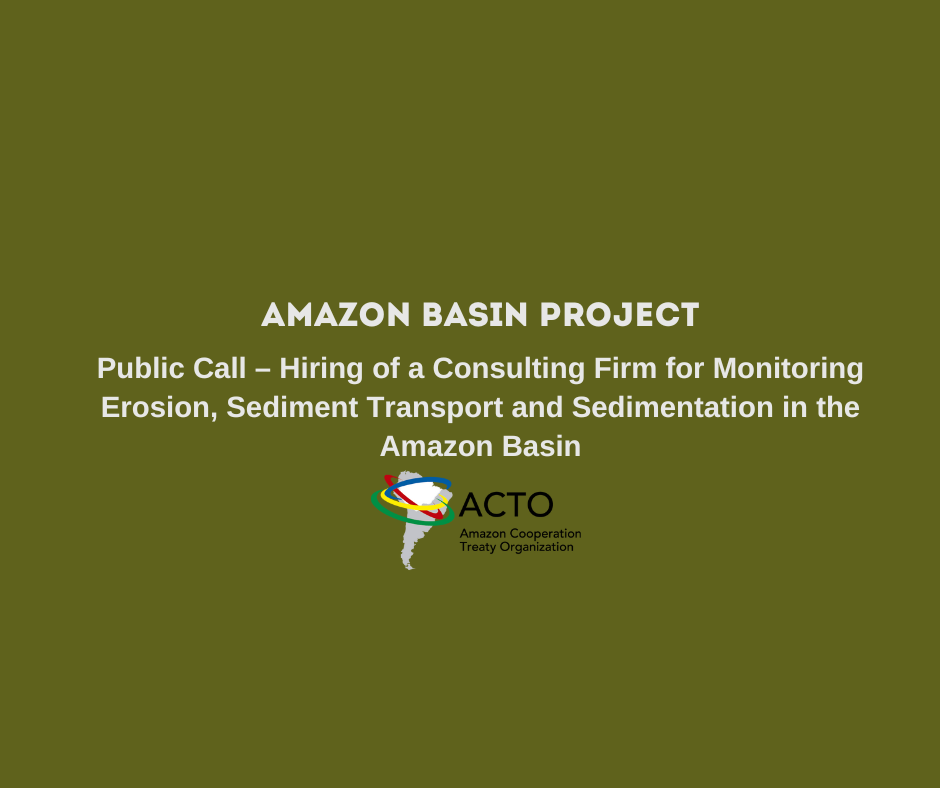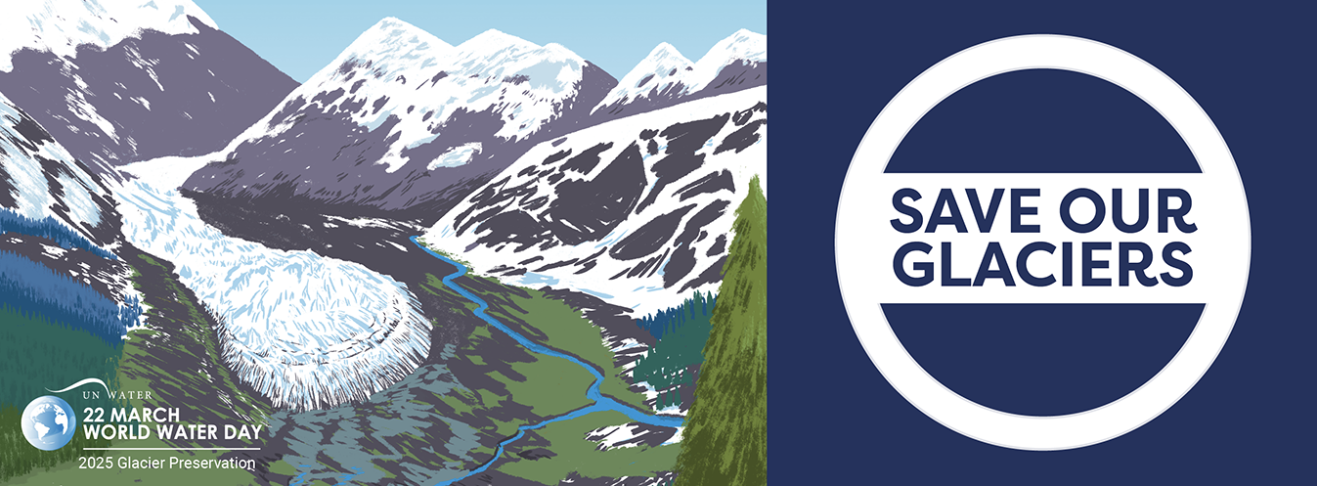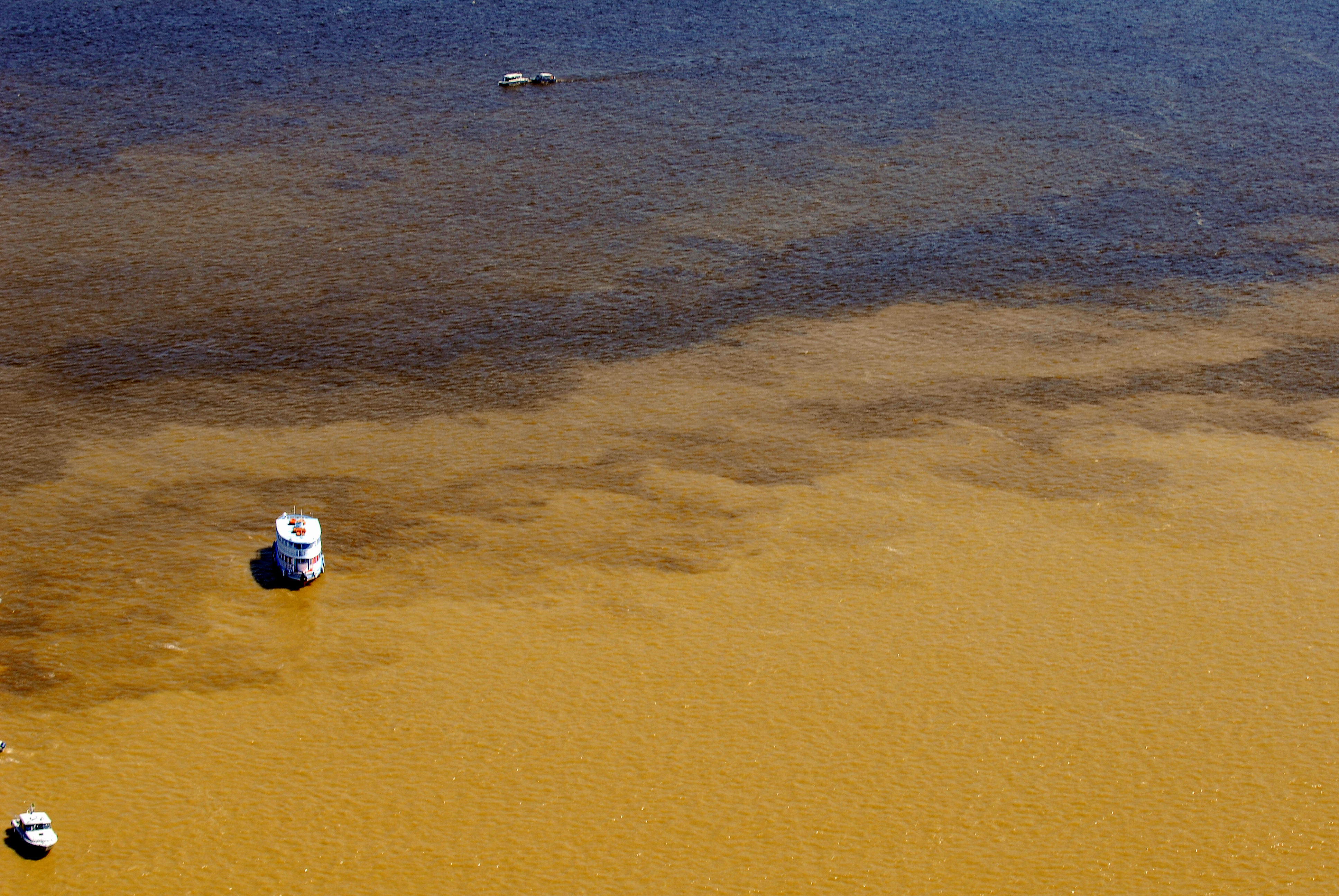Meeting in August at the Amazon Summit, presidents and representatives of the countries that make up the Amazon Cooperation Treaty Organization (ACTO) – Bolivia, Brazil, Colombia, Ecuador, Guyana, Peru, Suriname and Venezuela – recognized in the Belém Declaration the importance of water as a source of life in the Amazon Region and the need to continue promoting its sustainable management within the framework of national and regional efforts.
As an instrument for consolidating a common agenda for the Amazon, the Belém Declaration lists four objectives to be achieved by the countries in relation to water resources. The first of these seeks to ensure the population’s right to drinking water and sanitation; the second is aimed at improving the integrated management of water resources; the third is to ensure the sustainability of water systems in the face of the impacts of natural disasters and climate change; the fourth and final objective is to promote and strengthen actions that guarantee the quality of water for human consumption, which is threatened by illegal mining activities and other related crimes.
The right to drinking water and sanitation
In order to face the challenge of ensuring the human right to drinking water and sanitation, especially for the most vulnerable populations – indigenous peoples, traditional communities and those living on the outskirts of urban centers, countries have made a commitment to promote coordinated actions in balance and harmony with water-related ecosystems and in healthy harmony with food and energy needs in the Amazon.
In Brazil, which has 60% of the total area of the Amazon, data from the National Sanitation Information System (SNIS 2021) shows the scale of the challenge. In the Brazilian Amazon, only 58.9% of the population has access to drinking water, compared to 84.2% of the Brazilian population. In terms of basic sanitation, only 14% of the region’s inhabitants have a sewage system, compared to 55.8% of the Brazilian population. According to the first results of a study to identify socio-demographic inequalities in the Amazon Region, carried out by OTCA in partnership with the Economic Commission for Latin America and the Caribbean (ECLAC), these asymmetries are present in all the Amazon countries.
Amazon Network of Water Authorities
In order to improve the management of water resources between the countries, the States Parties created the Amazon Network of Water Authorities (ANWA) during the Amazon Summit, with the aim of coordinating actions, establishing regional protocols for monitoring, cooperation and mutual support in the management of water resources for the revitalization, conservation and protection of water sources, and determining water quality criteria and parameters.
The text of the Belem Declaration also states that ANWA will be responsible for supporting the implementation of regional projects and initiatives on surface and groundwater, the cooperative and sustainable planning and management of water resources, including transboundary ones, the progressive strengthening of technical, technological and institutional capacities, technological innovation and intercultural dialogue, in accordance with national circumstances, including the political, social and cultural commitments of each country.
Monitoring and surveillance
The paragraphs of the Declaration dedicated to water resources also set out the purpose of strengthening joint actions for hydro-meteorological monitoring and alert and surveillance of the quality of water for human consumption in the region.
With the aim of guaranteeing the quantity and quality of water in the Amazon basin for this and future generations, the countries intend to strengthen cooperation and harmonize integrated weather monitoring and warning systems, encouraging the exchange of experiences, information and knowledge between them. In addition, they aim to improve national monitoring capacities for the generation of alerts on environmental risks, disasters and extreme events of a hydro-meteorological nature, which will enable them to act in the prevention, management and mitigation of the impacts of natural disasters, the effects of climate change and the fight against hunger.
The objective of promoting the strengthening of actions to monitor the quality of water for human consumption includes joint technical-scientific studies and research into exposure to mercury and other hazardous substances derived from mining, particularly when indigenous peoples and local and traditional communities are affected. In addition, the countries intend to carry out prevention and reparation activities and strengthen international and regional cooperation in the fight against illegal mining, illicit trafficking and other related crimes.
Strategic Actions Program (PAE)
Within the framework of ACTO’s regional cooperation, projects and initiatives aimed at the integrated and sustainable management of the Amazon Basin’s water resources are already underway. These are part of the Strategic Action Program (SAP) agreed by the ACTO countries in 2017 to, among other strategic objectives, create hydro-meteorological monitoring and warning systems, strengthen the countries’ technical capacity for integrated and sustainable water management and strengthen the population’s resilience to the impacts and threats of climate variability.
The Belém Declaration reinforces the commitments made by the countries in endorsing the SAP’s actions, as well as strengthening its guiding principles, such as cooperation, building an integrated vision and joint action to tackle the political, social, economic and environmental challenges of the Amazon Region.



